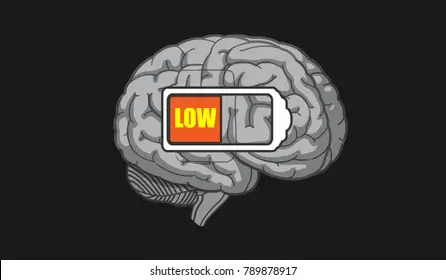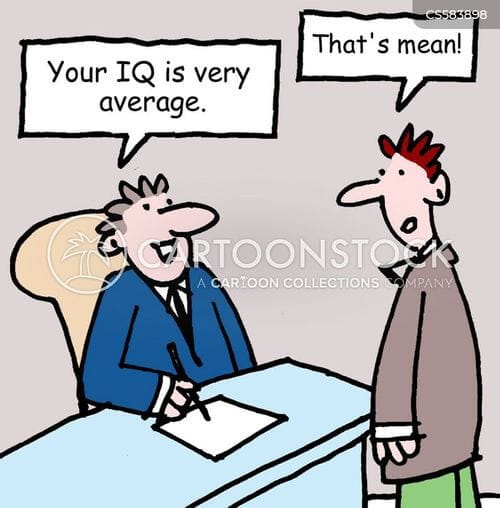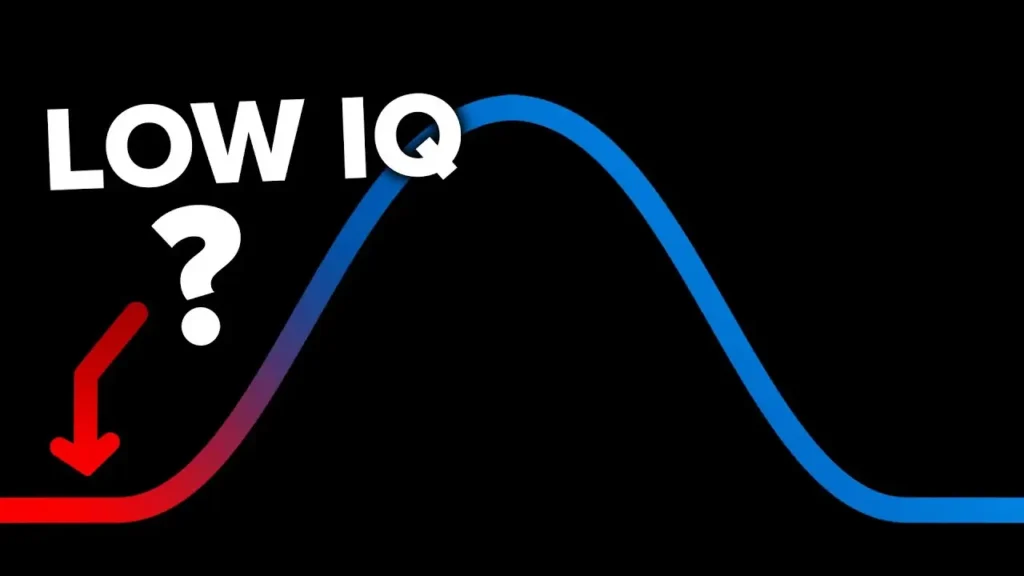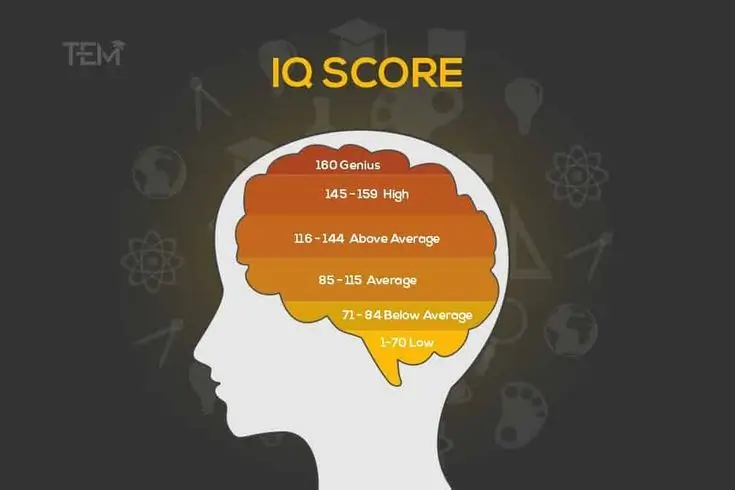
Intelligence is an interesting subject. It varies greatly among people. There are many visible signs of very low intelligence. We will take a look at some of these signs. We will also examine it from psychological views, as well as Islamic views.
Identifying very low intelligence entails thinking about it along a few different lines. Some include problems with learning and communication. We examine ways to adjust to different situations.
Problems solving difficulties
People with very low intelligence generally have difficulties with simple problems. For example, they may not understand simple instructions. They may not be able to finish every day task. Also, they may have difficulties with cause and effect. In addition, planning is difficult, and they usually do not think ahead. They tend to act based on impulsivity without thinking of consequences. Problems with everyday situations are, therefore, often challenging. Moreover, there is usually a limitation with abstract thinking. They may have problems understanding things that are not concrete.

Learning Frustrations
It can be so challenging to learn something new, whether it is learning a new skill or subject. They often have a long time learning the basic skills and knowledge (e.g., ABCs or basic maths). They lose information quicker than they learn it. So, they need constant reminders and repetition and repetition and repetition. It is just as possible that when they learn something, they cannot generalise that information into a different context. For example, if they learn to tie one knot, they may not learn to tie another knot.
Read more: 10 Signs You’re Stuck in the Past
Communication Challenges
They may also have challenges with communicating. Many times, their language use has a very limited vocabulary. They may have difficulty communicating their wants, needs, thoughts, feelings, etc. For instance, they may only be able to communicate on a very basic level, but many of the time, they have a tendency to pattern (revert to what they can, step back, or limit to what they can understand or do) — meaning they may have difficulty understanding what someone says to them, or they may have difficulty maintaining the topic of conversation when talking to others.
They may also revert to their original topic of what they had just said when having a conversation with others. Sometimes people have difficulty understanding and using non-verbal communication as well. For instance, they may have challenges with recognizing facial expressions, body language, or other social and interpersonal aspects of communication.
Difficulty Adjusting to New Situations
Individuals with a certain level of deficiency in intellectual functioning tend to struggle with adjustments to change. For example, they often become overwhelmed with being in a locale they are unfamiliar with. New employment opportunities or just being in a new locale are common examples of this. In addition to these changes, a person with a deficiency in intellectual functioning seems to struggle whenever they are faced with the new rules associated with change and the new routines that accompany them. This often leads them to default back to utilizing purely their old cognitive patterns.
More specifically, however, one of the most difficult things for them to be able to do is problem-solve in unique situations. For example, they will often act irrationally when things are not going to plan.

There can be additional signs.
Beyond the above-mentioned, there are other signs that show a low level of intelligence. These may be:
Poor judgment: They make bad decisions. This may be of someone who falls easily for scams.
Socially inept: They have difficulty interacting with other people. They may misinterpret or miss completely social cues.
Struggles with self-care: They may not take care of the basic self-care things they need to do, such as dressing themselves and practicing hygiene.
It is important to keep in mind that these are just some possible signs. Only a professional can accurately diagnose.
Psychological Perspectives
In psychology’s broad array of intelligence definitions, it generally alludes to the ability to learn, reason, and problem solve. An IQ test is a tool often employed in psychology to measure intelligence or intellectual abilities. An IQ score below a certain level, typically around 70, suggests the possibility of intellectual disability, with the potential severity levels ranging from mild to profound. As such, anything defined as very low intelligence is likely in the severe or profound category.
Developmental psychology studies intelligence, specifically, over the life span. At a very low level of intelligence, an individual would consider delay in the level of ability on developmental tasks. For example, a person with very low intelligence may acquire the ability to talk or walk much longer than an individual without very low intelligence. Cognitive psychology studies mental processes. Someone with very low intelligence would typically have fewer mental capacities, such as attention, memory, and executive function.
Read more: 10 Hidden Fears That Control us
Recent Stats:
According to recent estimates, about 1% – 3% of the population has intellectual disability. In this population, the majority of people – approximately 85% – have mild intellectual disability, and the remaining population with severe or profound intellectual disability (which may be more accurately defined as very low intelligence) is less common. Severe intellectual disability affects about 3.5% of persons with intellectual disability, and profound intellectual disability affects about 1.5%.
Islamic Approach
Islam sees knowledge and learning as very important and encourages people to learn, both in the Quran and the Sunnah. Nevertheless, there are special abilities given to everyone, and not everyone is given the same skill with intellectual excellence.
In Islam, a person is ultimately responsible for all that she does that is within her ability; someone with an intellectual disability is always the subject of pity. Many rules in Islam demonstrate that the disability of a cognitive limitation will be accommodated in the legal requirements laid out by Islamic law, including legal requirements about persons with disabilities requiring accommodations. For example, the legal obligations for persons with intellectual disabilities may be different than those without disabilities.
It is a sign of religion and piety to take care of persons with disabilities; helping persons with disabilities and helping them engage in life is consistently encouraged. It generally expresses itself in the form of providing care and education to their ability and need for care, and sometimes expressing others’ wants and safety in their care.
In Islam, judging a person based on her intellectual abilities is frowned upon; the main idea is the character and action of people, based on the limits of their capacity. Particularly, Allah tests people based on their skills in handling life, and they likely have little control over their inherited weaknesses. So, showing kindness, consideration, and empathy to a person of low intelligence is one of the basics of Islamic ethics.

Conclusion
Severe low intelligence may show itself in problems with problem-solving, learning, communication, and coping. Psychological testing may be used to ascertain the degree of disability. From an Islamic worldview, the individual requires compassion and care. We trust that we have discussed this sensitive issue in a manner that respects the dignity and value of all human beings. Recognising the signs is an important first step on the road to helping them and including them in our communities.



Leave a Reply